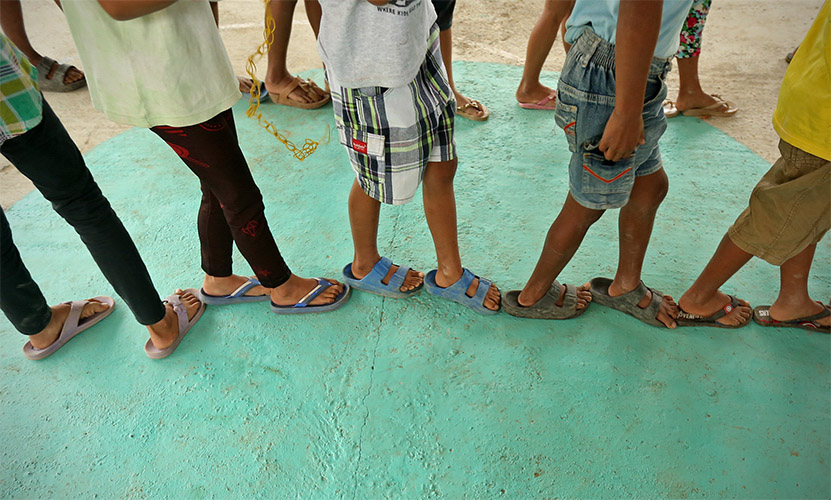Following the exacerbation of online sexual exploitation of children (OSEC) cases in the Philippines amid the COVID-19 pandemic, Senator Win Gatchalian is pushing anew for the institutionalization of a comprehensive “Human Trafficking Preventive Education Program” to protect the Filipino children and youth from the different forms of trafficking.

Gatchalian earlier sounded the alarm on students holding a “Christmas sale” of lewd photos and videos for as low as P150 to raise funds for distance learning expenses.
In Senate Bill No. 735 or “the Human Trafficking Preventive Education Program Act,” Gatchalian proposed a program that will orient the youth about the dangers of human trafficking’s various forms, including prostitution and pornography. It also aims to inform the youth on services provided by government agencies and non-governmental organizations to aid and protect victims of human trafficking.
Gatchalian’s proposed preventive education program has a school-based component, which covers junior high schools, senior high schools, colleges and universities, and technical or vocational education programs. The community-based component of the program, on the other hand, will be implemented at the barangay level.
Between March 1 to May 24 in 2020, CyberTipline reports on online exploitation of children received by the Department of Justice (DOJ) Office of Cybercrime from the National Center for Missing and Exploited Children (NCMEC) increased by 264 percent compared to the same period in 2019. This surge was observed amid the imposition of quarantine measures to contain the spread of COVID-19 and the economic hardships that followed.
“Dahil sa mga hamong dinulot ng pandemya, mas marami sa ating mga kabataan ngayon ang nanganganib na maging biktima ng online sexual abuse o cybersex trafficking. Maliban sa pagpapaigting ng ating pagtugis sa mga kriminal, mahalagang hakbang na maturuan natin ang mga kabataan tungkol sa kanilang mga karapatan at sa mga panganib na dulot ng trafficking upang hindi sila mabiktima ng iba’t ibang uri ng pang-aabuso,” the Chairman of the Senate Committee on Basic Education, Arts and Culture said.
Prior to the pandemic, the United Nations Children’s Fund (UNICEF) identified the Philippines as the global epicenter of the live stream sexual abuse trade. The UN body also reported that eight out of 10 Filipino children are prone to online sexual abuse or bullying.


